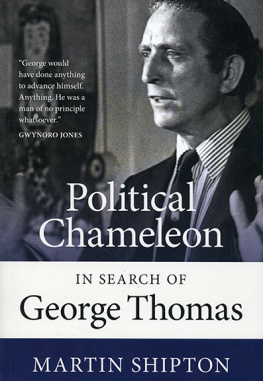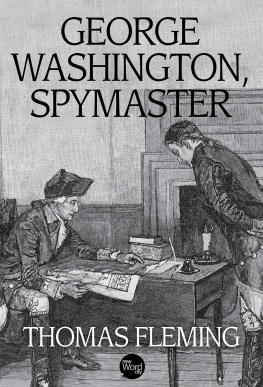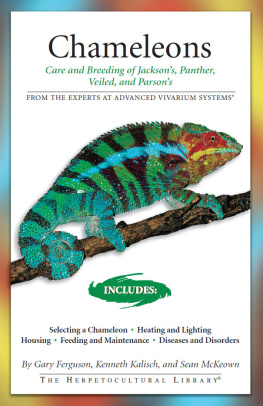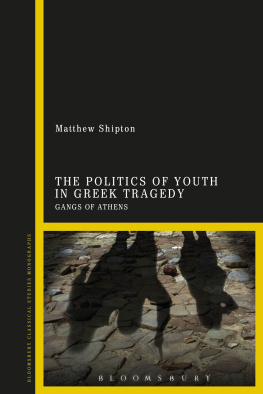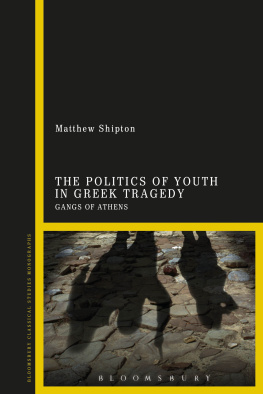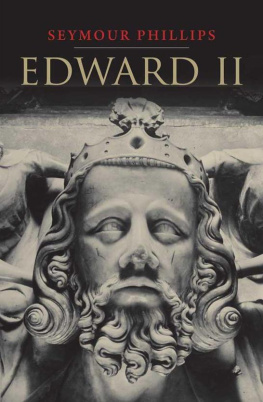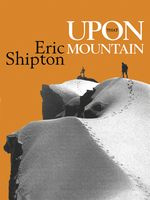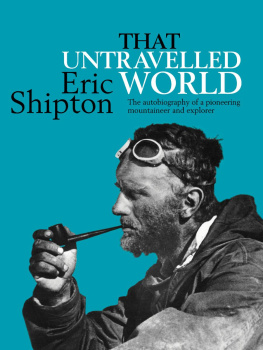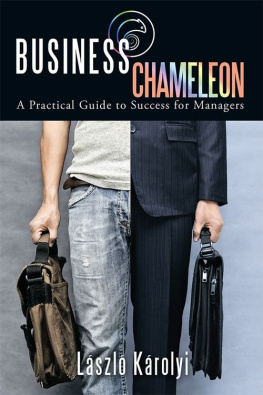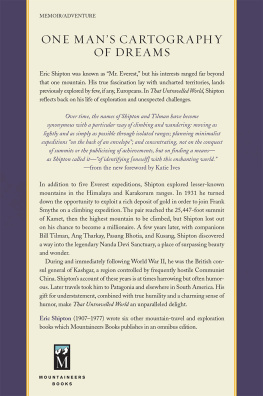POLITICAL CHAMELEON
In Search of George Thomas
I think George had the gift of empathy more than almost anyone else Ive known. He cared a lot about people. When he was talking to you he did have that happy knack of making the person he was talking to feel they were the only person who mattered at that particular time.
He was a great patriot, theres no doubt about that. He went on a long journey politically, but then if you or I had been brought up in the sort of circumstances George had, one would certainly have been of the left. He was nurtured in the tradition of Christian Socialism.
People did feel he had this extraordinary, almost indefinable gift based on empathy which meant that if people did feel he cared about them, it was reciprocal, and they cared about him. I think that of all the political figures I have known Ive been in public life for over 50 years hes probably the best loved. Not the most respected though people did respect him but the best loved. He had this humanity.
Former Conservative MP, Lord (Patrick) Cormack
When he was scathing about Jim Callaghan in his autobiography, Jim was distraught. Id heard an interview on Radio 4 that morning. Jim was still an MP but he was on the backbenches. He would sit as the senior Privy Counsellor on the bench where we [the Plaid Cymru MPs] sat. So he would be at the head of our bench.
Anyway, Jim was there and I was there just the two of us at the Welsh table in the tea room. He was looking into his coffee and shaking his head. He said, You know Dafydd, I travelled with George all those years from 1945 onwards, wed be on the same train backwards and forwards to Cardiff, we went to functions in Cardiff together. Ive never realised thats what he thought of me. Jim was clearly upset, emotionally upset about it. He felt that hed been betrayed.
Former Plaid Cymru president Lord (Dafydd) Wigley
I do remember once going on a march. It was a miners march something to do with the closure of the coal mines. We were walking from Cardiff city centre to Sophia Gardens. I was walking next to someone from Tonypandy and we were talking about George; it was when he was Speaker. I said to him, George would probably go to the House of Lords after the Speakership. George wouldnt go to the House of Lords, he said which tied in with what I remembered George saying going way back, when George was a pioneering MP: When I think of those bloated earls crawling out of the woodwork to defy the elected Labour government, it makes my blood boil. I do remember those words, and the alliteration at the end.
The impression in Tonypandy, among his people, was that George wouldnt betray them by going to the House of Lords. But not only did he go to the House of Lords he took a hereditary peerage. Margaret Thatcher gave him a Viscountcy. I could never understand why he did that.
David Seligman, solicitor and former Chair, Cardiff West Constituency Labour Party
POLITICAL CHAMELEON
In Search of George Thomas
Martin Shipton
Cardiff
Published in Wales by Welsh Academic Press, an imprint of
Ashley Drake Publishing Ltd
PO Box 733
Cardiff
CF14 7ZY
www.welsh-academic-press.wales
First Edition
Paperback (2017) 978 1 86057 1374
eBook (2021) 978 1 86057 1381
Ashley Drake Publishing Ltd 2017
Text Martin Shipton 2017
The right of Martin Shipton to be identified as the author of this work has been asserted in accordance with the Copyright Design and Patents Act of 1988.
Every effort has been made to contact copyright holders. However, the publishers will be glad to rectify in future editions any inadvertent omissions brought to their attention.
Ashley Drake Publishing Ltd hereby exclude all liability to the extent permitted by law for any errors or omissions in this book and for any loss, damage or expense (whether direct or indirect) suffered by a third party relying on any information contained in this book.
All rights reserved. No part of this publication may be reproduced, stored in a retrieval system, or transmitted, in any form or by any means without the prior permission of the publishers.
British Library Cataloguing-in-Publication Data.
A CIP catalogue for this book is available from the British Library.
Typeset by Replika Press Pvt Ltd, India
Ebook created by Prepress Plus, India (www.prepressplus.in)
Cover created by the Welsh Books Council, Aberystwyth
Contents
Acknowledgements
Although I was a constituent of George Thomas for a year while taking a postgraduate course in journalism studies at what is now Cardiff University, I never met him. I am therefore particularly grateful to four people who knew him well for generously sharing with me their extensive memories and assessments of him: Lord Cormack, Gwynoro Jones, David Seligman and Lord Wigley. I also wish to thank Lord Elis-Thomas AM, Jane Hodge, John Osmond, Lindsay Whittle, Lee Wenham and, finally, the late and much missed Rhodri Morgan.
The seemingly inexhaustible George Thomas/ Viscount Tonypandy archive is held by the National Library of Wales. I made several trips to this rightly esteemed institution in Aberystwyth, where its staff were unfailingly helpful and courteous.
Some of the research for the book was undertaken with enthusiasm and efficiency by Louise Walsh, for which I am very grateful.
I also thank Tony Woolway of Trinity Mirror for locating many of the pictures, as well as Trinity Mirror itself for permission to reproduce some of them.
Ashley Drake of Welsh Academic Press is an admirable publisher who offers help and advice when it is needed, but allows authors the time and space to get on with the job.
I also thank my wife Kay and daughter Rhiannon for allowing me to indulge my George Thomas obsession. Hopefully it is now exorcised.
Martin Shipton
Cardiff
June 2017
In memory of my mother, June Shipton (1930-2017),
who taught me never to be ashamed to be a member of the awkward squad.
Preface
I first met George in the autumn of 1967, a couple of months after I was selected as the Labour Partys Prospective Parliamentary Candidate for Carmarthen. During the first few years I found him to be a friendly, humorous and plain talking individual especially when it came to talking about the Nationalists and Gwynfor Evans but even in those days he was full of gossip about fellow Labour MPs.
After that we would meet at Labour rallies throughout Wales, where he and I would be warm up speakers for the then Prime Minister Harold Wilson. He was a good orator, full of humour and knew how to play the audience. In 1968, both of us had one thing in common which was taking the fight to Plaid Cymru and its leader, so I suppose he saw me as an important ally during his early period as Secretary of State for Wales. For instance, I recall writing a memorandum to him after the bombing at the Welsh Office in Cathays Park on May 25, 1968, on how to associate Gwynfors emotive anti-London government utterances with what had taken place in Cardiff.
On March 1, 1969, at the behest of Jim Callaghan, I was appointed Research and Public Relations Officer for the Labour Party in Wales and this resulted in fortnightly meetings with George on a Sunday at his home in the Heath, Cardiff. The purpose of the meetings was for him to provide me with government material I could use for political campaigning by the Labour Party in Wales. It was then I began to notice the real George, and that there really was a nasty side to his character which did not correlate with his public persona.



